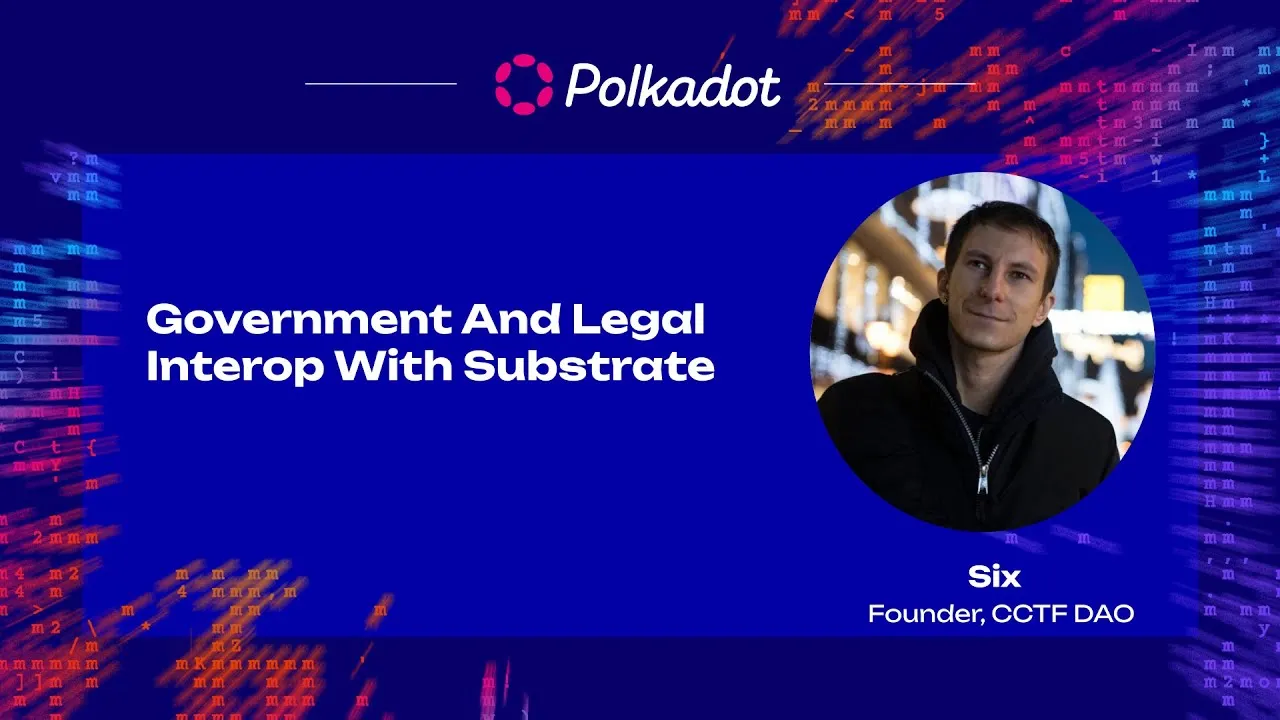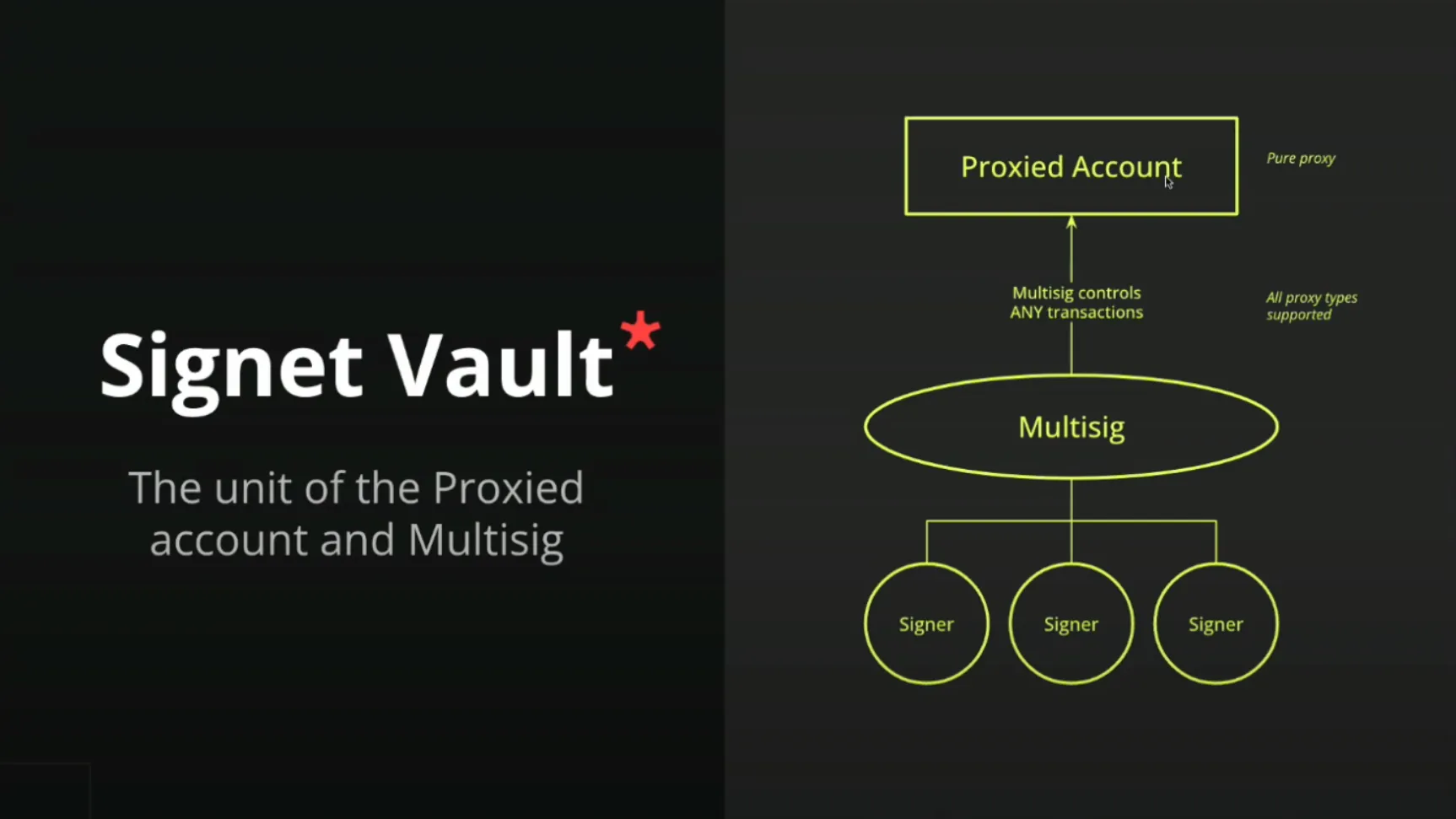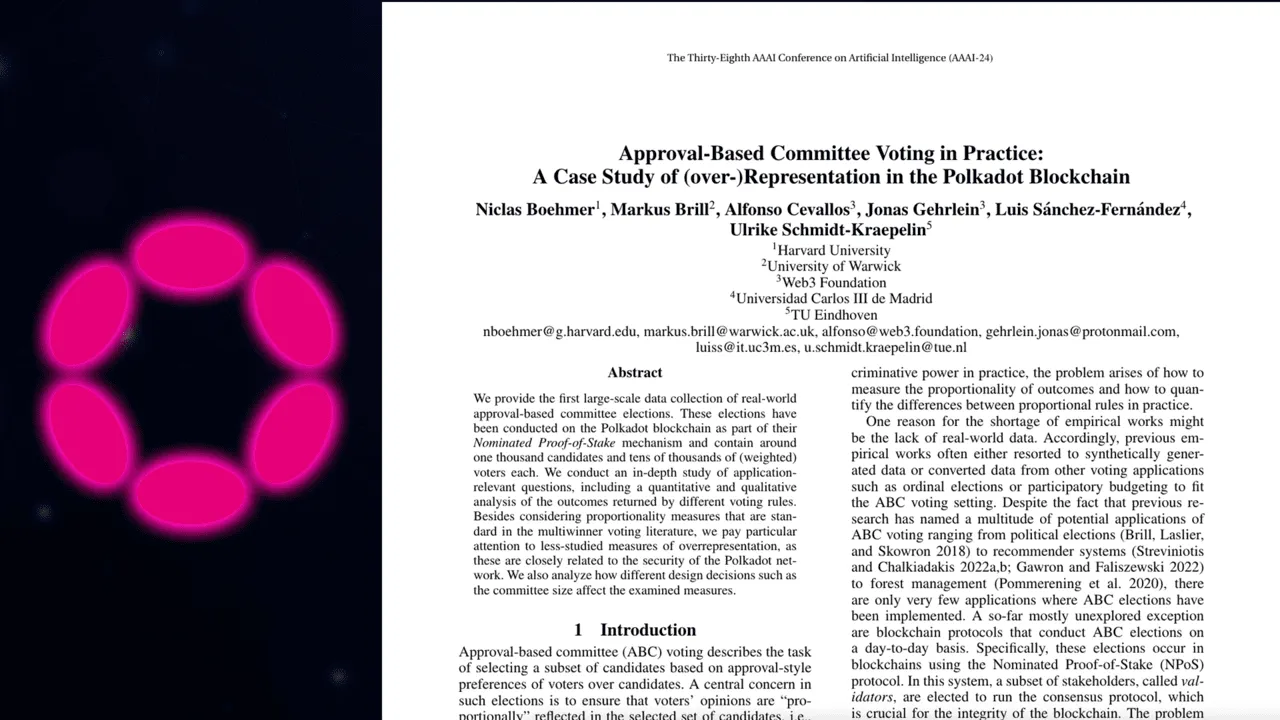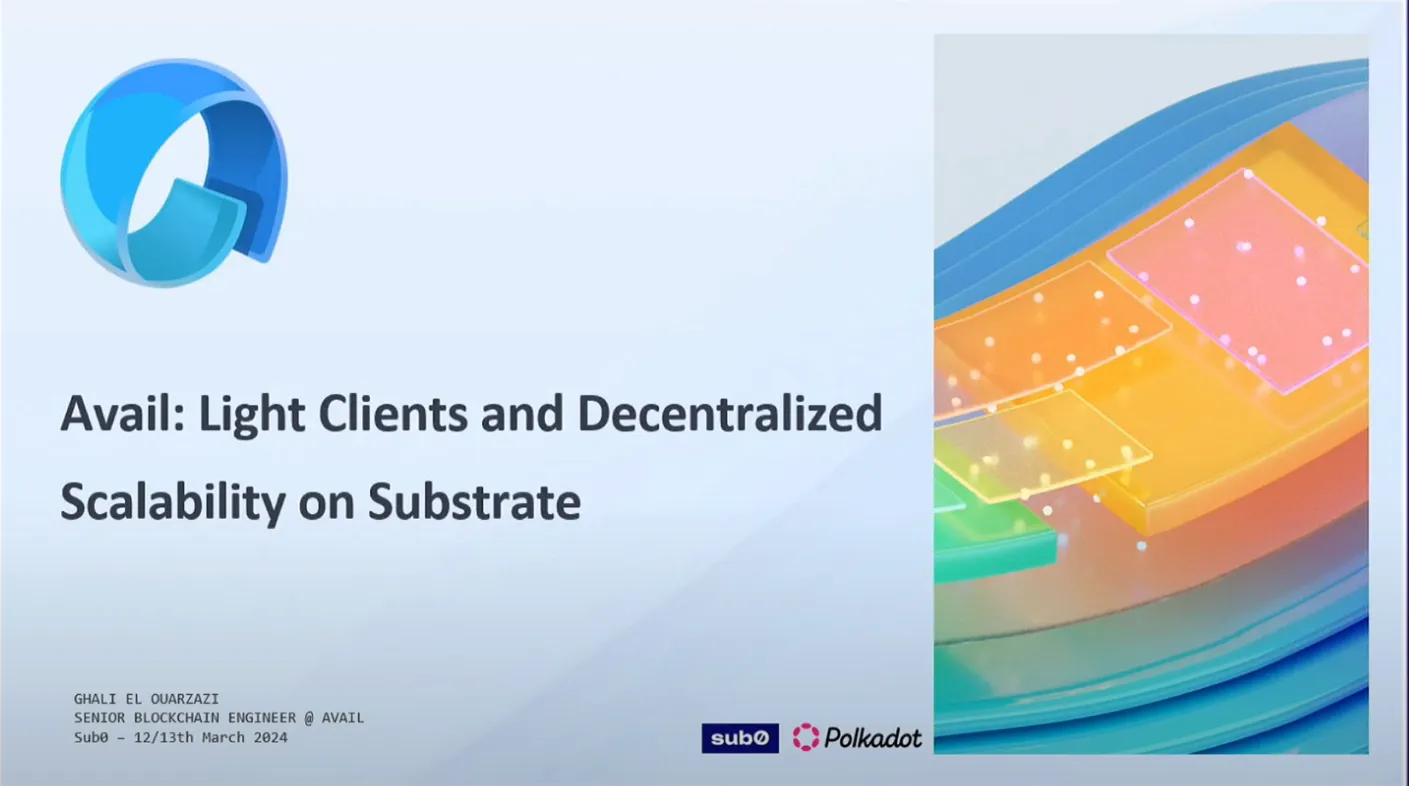In a recent interview on the “Behind the Code: Web3 Thinkers” series. distributed by The Kusamarian, Ewald Hess shared his insights on the intersection of blockchain technology, the energy sector, and the future of decentralized governance. Hess, with a background in mechanical engineering and economics, brings a unique perspective to the blockchain space, having transitioned from a corporate career in power plant systems to becoming a pivotal figure in the development of blockchain-based energy solutions.
Transition from Traditional Energy Markets to Blockchain
Hess’s early career involved programming control systems for power plants and selling hydroelectric power plants across Europe, funded largely by institutions like the World Bank and the European Bank for Reconstruction and Development. This experience provided him with a deep understanding of the energy industry’s monopolistic and heavily regulated nature. Traditional energy markets, often controlled by single entities within each country, have seen little innovation due to these regulatory and monopolistic barriers.
Hess found inspiration in the potential for decentralized energy markets that could enable local communities to independently manage and balance their electricity needs. However, he acknowledged the significant regulatory challenges that complicate the realization of such models. The introduction of blockchain technology, particularly through Ethereum, presented a groundbreaking opportunity to embed regulatory compliance directly into decentralized systems, allowing for real-time coordination essential for energy market stability.
The Birth of Grid Singularity and the Energy Web Foundation
Hess’s encounter with Bitcoin in 2013 and the Ethereum white paper in 2014 sparked his vision for decentralized energy solutions. Recognizing Ethereum’s potential to coordinate complex interactions in real-time, he collaborated with Ethereum’s founders and conducted workshops to explore blockchain applications in the energy sector. This led to the creation of Grid Singularity, a company focused on integrating blockchain technology into energy markets.
In 2017, Grid Singularity co-founded the Energy Web Foundation (EWF) with the Rocky Mountain Institute, aiming to leverage blockchain technology for the energy sector. The EWF brought together global energy players and launched the Energy Web Chain in 2019. This initiative enabled utilities to build applications for tracking electricity, crowdfunding solar projects, and other innovative uses, leading to national-level deployments in several countries.
Real-time Decentralized Energy Markets
A key innovation discussed by Hess is the development of an identity system for energy assets within the Energy Web. This system allows various energy assets—batteries, electric vehicles, power plants—to register and interact with energy markets in real-time. By enabling devices like Tesla cars to participate in electricity trading, this technology democratizes energy markets, allowing any household or device to engage in buying, selling, and trading electricity.
The Future of Blockchain in Energy and Governance
Hess highlighted the significance of joining larger blockchain ecosystems like Polkadot, which offers composability and reduces the burden of maintaining independent chains. He believes that decentralized technologies, like those employed by the Energy Web, offer unparalleled transparency and user-driven operation.
He also addressed the broader implications of blockchain in governance, envisioning a future where decentralized networks could provide soft loans to countries, bypassing traditional financial institutions. Such networks could fund government activities using blockchain-based identity systems and smart contracts, potentially leading to more efficient and accountable governance.
Towards a Web3 Charter
Reflecting on the initial vision of Web3, Hess emphasized the importance of digital freedom, self-custody of data, and economic autonomy. He advocates for a “Web3 Charter” that outlines the rights and responsibilities within the digital realm, bridging the gap between traditional governance and decentralized networks.
Hess envisions a future where small nation-states attract digital nomads and innovators by offering favorable conditions for blockchain activities. He cited Germany’s unfavorable crypto taxation policy as an example of how regulatory decisions can drive innovation and talent to more welcoming jurisdictions like Portugal.
Conclusion
Ewald Hess’s interview provides a compelling narrative of how blockchain technology can revolutionize the energy sector and governance. His journey from traditional energy markets to pioneering blockchain-based solutions exemplifies the transformative potential of decentralized technologies. As the world moves towards a more connected and digital future, Hess’s vision of a decentralized, resilient, and equitable energy market powered by blockchain offers a promising glimpse into the possibilities of Web3.










